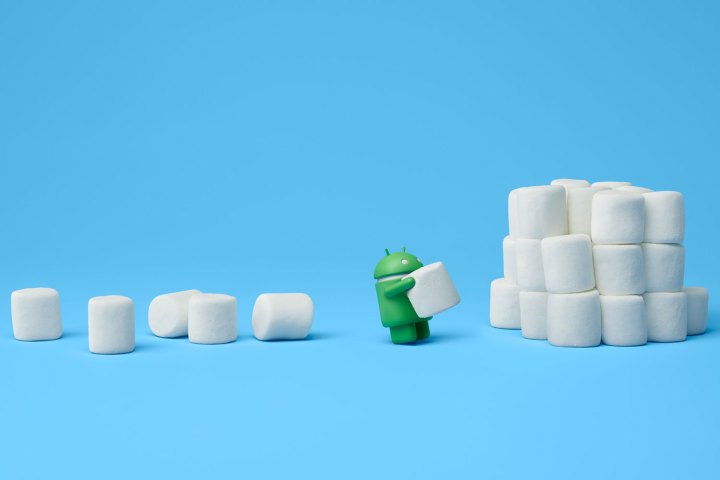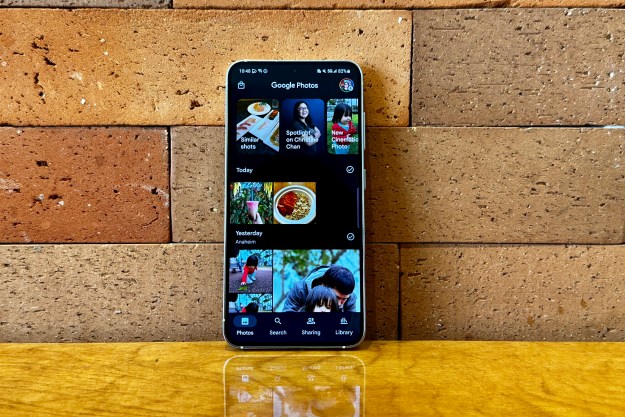
In 2010, Oracle filed a lawsuit against Google, seeking $2.6 billion in damages for using 37 unlicensed Java APIs in its Android mobile operating system. Google countered and said its use of Java APIs from Sun Microsystems is protected by “fair use.” Oracle had bought Sun Microsystems, and thereby acquired Java, seven months before it decided to file a suit against Google.
Oracle has tripled the amount it believed Google should pay to about $9 billion — but it looks like it won’t be seeing a penny. The case has been working its way through the court system for more than six years, but following a trial, a jury finally reached a verdict, and sided with Google’s “fair use” claim, Ars Technica has reported. The trial began at the beginning of May under U.S. District Judge William Alsup, who has been overseeing the litigation since it began in 2010.
If Google had lost, the jury would have stayed on to deliberate the estimated damages the search giant would have had to pay Oracle. But with a finding of no liability, Google will owe no damages.
“Today’s verdict that Android makes fair use of Java APIs represents a win for the
Many developers believe APIs are free to use, and that was Google’s argument, which centered on when Java was first created.
Oracle’s lawsuit looked to changed that notion — and if it had won, the company would be able to go after any other firm that used its Java APIs without a license. But while APIs can still be protected by copyright law, the precedent has now been set for them to generally fall under “fair use.”
Of course, Google’s not out of these lawyer-infested waters just yet. Oracle will inevitably appeal the case, and we’ll have to wait and see what happens next.
Editors' Recommendations
- Google just released the first Android 15 beta. Here’s what’s new
- Google just announced 8 big Android updates. Here’s what’s new
- Google is launching a powerful new AI app for your Android phone
- I used to love the Google Pixel Fold. Now, I’m not so sure
- Google Pixel 8 Pro users are finding weird ways to use the phone

